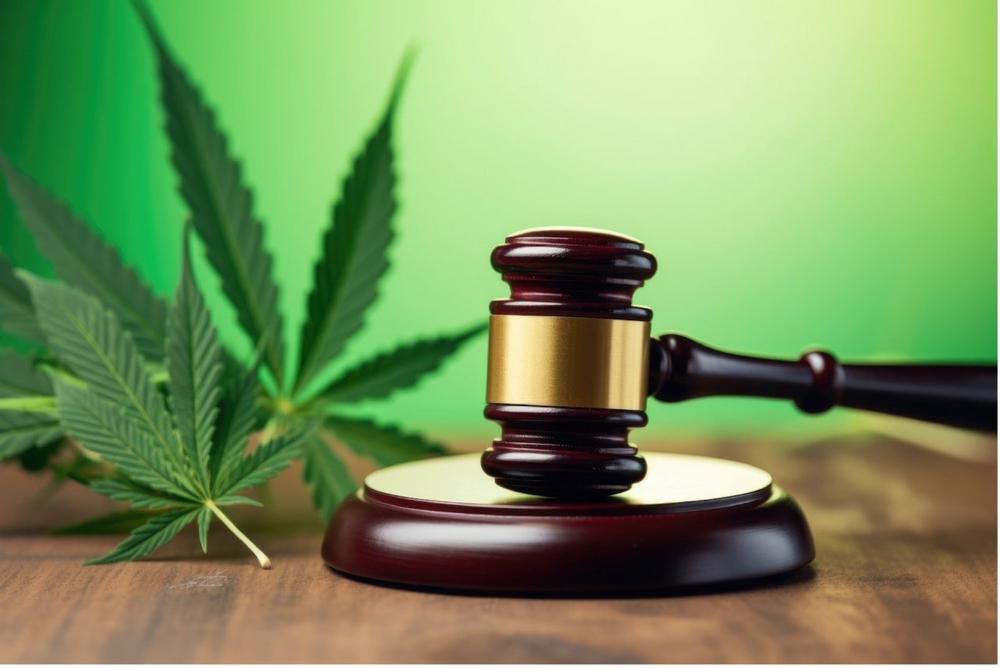The legalization of cannabis for recreational purposes (consumer cannabis) is not an insurmountable challenge for us in terms of our analytical services. There are still considerable uncertainties in the area of cannabis for consumption. The existing regulations in the Consumer Cannabis Act (KCanG) are contradictory or insufficiently specific in key points. New laws often bring with them implementation issues and room for interpretation, which can be clarified by subsequent regulations and case law.
For example, the KCanG currently lacks clear legal requirements that are essential for the practical application and implementation of the law.
We are concerned about clarifications in the Consumer Cannabis Act.
In order to ensure a uniform, reliable and high-quality analysis, we believe that the following points urgently need to be clarified:
- Regulations pursuant to Section 17 (4) KCanG:
a. Concrete specifications as to which substances are to be tested
b. Definition of binding maximum levels
- Sampling and testing of products in accordance with Section 27 (7) KCanG:
a. Designation of standards for sampling to ensure that the sample is representative of the batch
b. The sample quantity required for the analyses must be taken into account (depending on the test parameters). The restriction on the quantity of samples pursuant to § 3 KCanG should not apply to laboratories
c. Definition of special standards (quantity and protocol) for tests for e.g. mycotoxins, microbiology
d. The declaration of THC and CBD content is mandatory according to § 21. Clear and binding specifications are required for the correct declaration of cannabinoid contents. The contents should be uniformly related to the dry matter of the flower. This would make the laboratory results comparable and a fluctuating water content would have no influence on the measurement results - Test standards:
a. Definition of uniform analysis methods to ensure comparable results nationwide
b. Clear guidelines for the application of existing scientific standardsWithout uniform national standards, there is a risk of non-comparable measurement results between laboratories. Different analytical methods or standards can lead to divergent results, creating an uneven playing field between growers‘ associations. In addition, this makes it difficult to compare official tests with the analyses of private laboratories and can impair the reliability and uniformity of the assessment.
- Dispatch of samples: a practical challenge for growers‘ associations:
A clear and unambiguous regulation on the forwarding of samples to laboratories is not recognizable from the KCanGa. The transfer of samples of consumer cannabis within the growers‘ association as well as the prohibition of postal dispatch (§ 19 para. 4, § 20 para. 5 KCanG – which in our opinion refers to the transfer to members or the transfer for consumption), make cooperation with external laboratories considerably more difficult
b. This leads to disproportionate financial burdens, especially for smaller growers‘ associations, as transportation costs vary greatly depending on the location. If the distribution costs of the growers‘ associations exceed the costs of the black market, the aim of the law in terms of curbing the black market will not be achieved. A standardized nationwide regulation for the safe distribution to qualified laboratories is necessary.
The current practice for medical cannabis shows that secure postal delivery to commercial laboratories is feasible.
We request the competent authorities to promptly issue the legal ordinances made possible by the KCanG on the points mentioned above and to specify the law in the points outlined here in order to enable legally compliant and practical implementation of the KCanG.
Tentamus Group GmbH
An der Industriebahn 26
13088 Berlin
Telefon: +49 (30) 206038-230
Telefax: +49 (30) 206038-190
http://www.tentamus.com
Business Unit Manager Food & Pharma (non GMP)
E-Mail: belgheys.kalali@tentamus.com
Business Development Manager
E-Mail: manuela.rosenberger@tentamus.com
![]()
